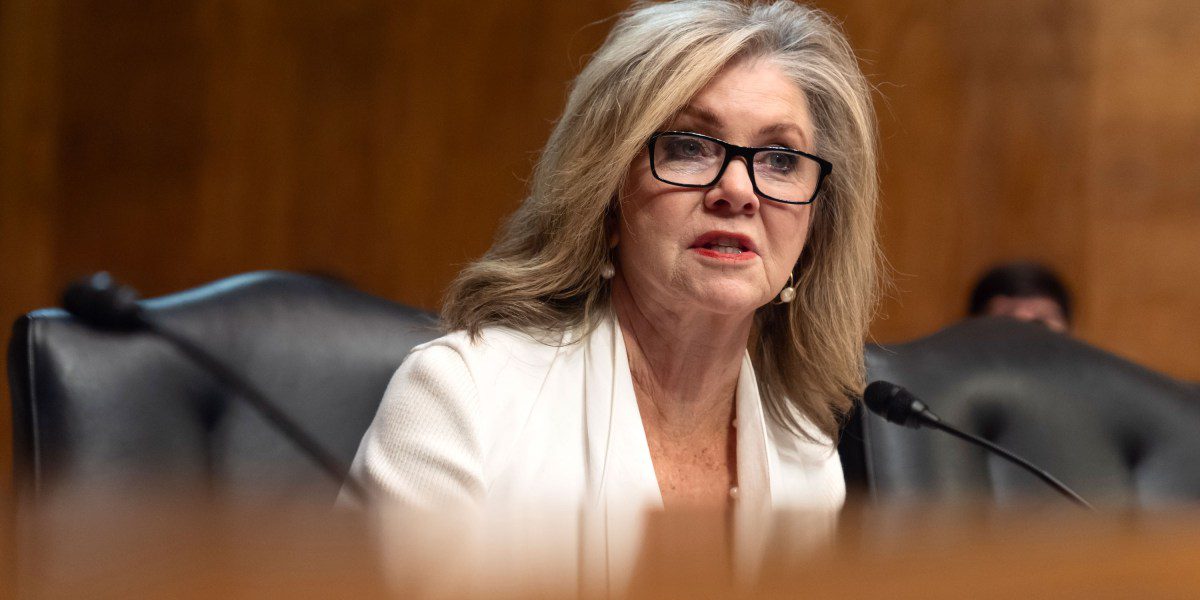Navigating the Moratorium Debate: AI Regulation in 2025
Let’s face it: the debate around the moratorium on AI regulation has been anything but straightforward. Just when you think you’ve got a grip on it, new voices emerge, and opinions sway like a pendulum. Here’s the deal: this issue isn’t just about tech companies—it’s about our kids, our rights, and how we all fit in this rapidly changing landscape.
The Struggle for AI Regulation
So why did the moratorium fail? Well, it’s complicated. On one side, you’ve got politicians like Blackburn, who’s fiercely advocating for children’s online safety. On the other, you have state lawmakers incensed by what they see as federal overreach into legislation they’d painstakingly crafted. This clash of priorities isn’t just a political squabble; it represents deep concerns about our future and the safety of our society.
Imagine this: you’re a parent worried about your child’s online experiences, while also being a musician wanting control over your image. Both of those feelings are incredibly valid. The problem is, when you tie them together in a heated legislative battle, it’s a recipe for confusion and conflict.
Lobbying and Moratorium Obstacles
Now, here’s where it gets interesting. Powerful players like Andreessen Horowitz and OpenAI reportedly lobbied for the moratorium. But was it worth it? Some experts think the Trump administration, eyeing tax breaks and entitlement cuts, might’ve decided to drop the moratorium for the sake of keeping the larger bill moving forward. It’s like choosing to let go of a piece of your puzzle to complete the bigger picture.
What’s particularly telling is how this moratorium turned into a battleground for different interests. With both tech giants and grassroots advocates pushing for their version of AI regulation, it’s no wonder the lawmakers are feeling the pressure. The stakes are high when it comes to how AI could shape our lives in the next decade.
The Ripple Effects of AI Advocacy
You see, the more people talk about AI, the more real, emotional connections form. Are we ready to face the fact that AI could impact every single one of us? Regulatory advocates—ranging from Nashville country musicians to San Francisco tech developers—are rallying together. They share one simple truth: AI affects everyone.
Kak, a vocal supporter of AI regulation, captures this sentiment perfectly. “There are real anxieties that are touching people of all classes,” he says. This growing solidarity is powerful and perhaps something we haven’t seen before in the landscape of tech regulation.
Diverse Voices in the Political Arena
Both sides of the political aisle are starting to realize the importance of taking AI seriously. Even Marjorie Taylor Greene, who had initially supported the moratorium, vocalized her fears about the unknowns of AI technology. “We have no idea what AI will be capable of in the next 10 years,” she tweeted recently. It’s fascinating how fast perspectives can shift when faced with something as unpredictable as AI.
A small but telling story—one politician who previously voted in favor of the moratorium admitted to not having read it fully. Oops! That goes to show the complexity behind these decisions and the urgent need for informed debate.
What Lies Ahead in AI Discussion
As we move forward, the question remains: how will we strike a balance between innovation and safety? The dialogue is crucial. By engaging with diverse voices from musicians to developers, we can craft regulations that genuinely reflect our values and needs.
If you’re looking to dive a bit deeper into the AI discourse, check out this article on the importance of collaborative efforts in tech regulation.
So what’s your take? Are we getting closer to a balanced approach in AI regulation, or are we just playing politics? Want more insights like this? Let’s keep the conversation going!
